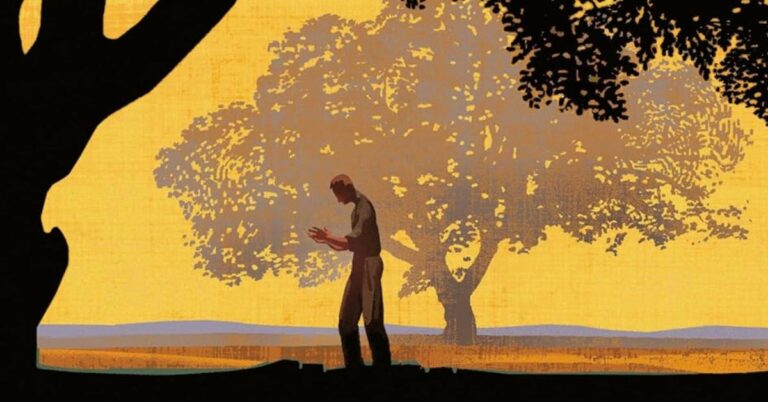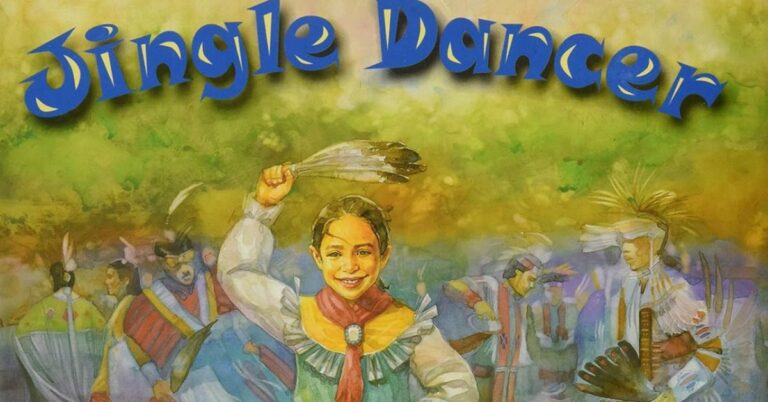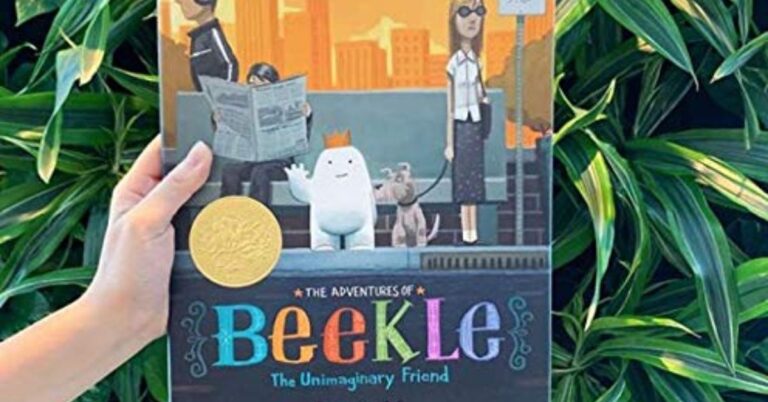25 Thought-Provoking Books You Should Read From The Last Decade

Books have the power to inspire and change the way we see the world. Over the last decade, remarkable authors have crafted works that challenge perspectives, uncover hidden truths, and provide deep insights into human nature, history, and innovation. So, let’s take a closer look at 25 must-read books from the last decade that stand out for their depth and relevance.
The Fifth Season (2015)
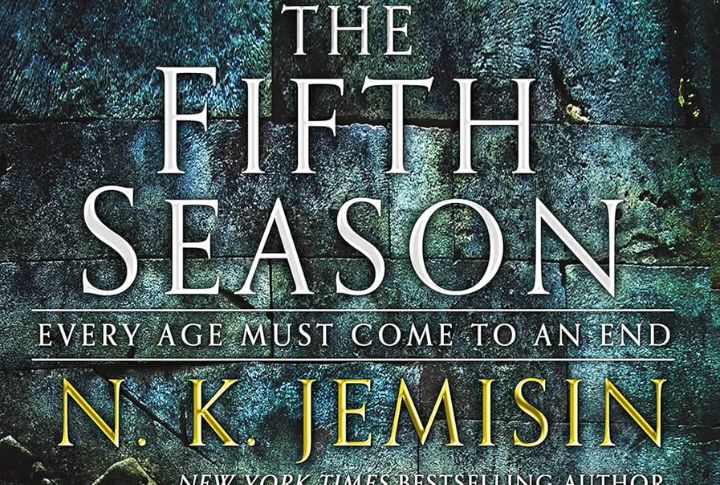
“The Fifth Season” is a groundbreaking fantasy novel that redefines the genre with its unique world-building and powerful themes. Set in a land called the Stillness, where catastrophic seismic activity regularly ruins civilizations, the story follows three women who can control the earth’s forces. These “orogenes” are both feared and oppressed for their power.
Evicted: Poverty And Profit In The American City (2016)
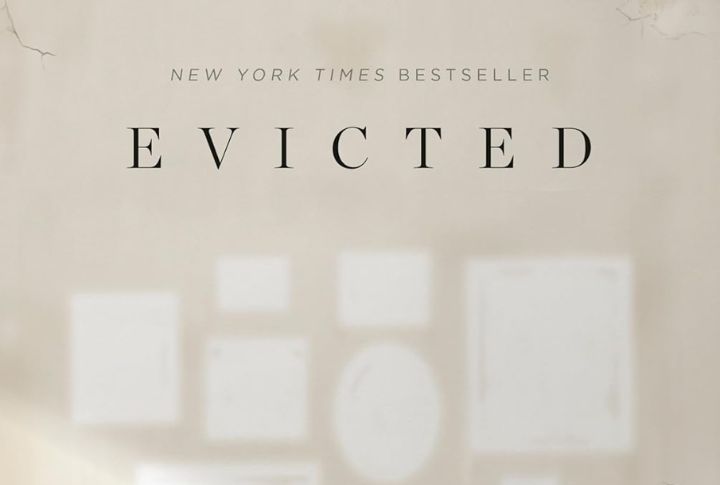
To highlight the eviction crisis in America, Matthew Desmond tracks the lives of eight Milwaukee as they struggle to keep their housing. The author highlights the cyclical nature of poverty and how eviction contributes to economic instability. He also reveals the exploitation by some landlords and the lack of affordable housing.
Lincoln In The Bardo (2017)
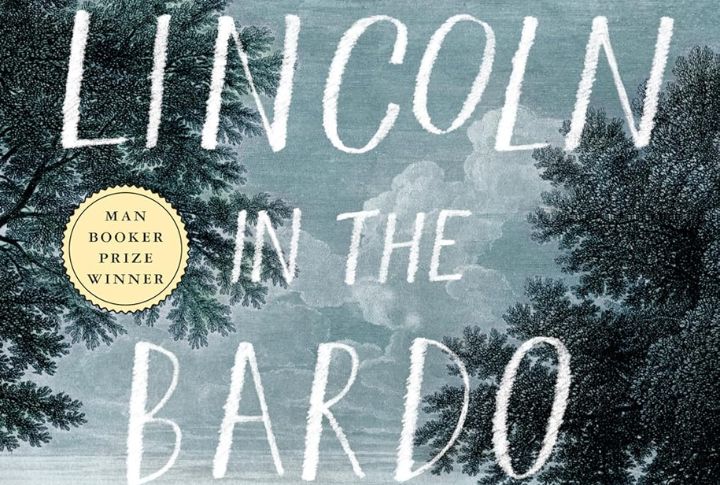
Set in 1862, the story takes place in a graveyard over a single night, where President Abraham Lincoln visits the crypt of his recently deceased 11-year-old son, Willie. The narrative unfolds through a chorus of voices—ghosts trapped in a liminal space known as the “bardo”—who observe Lincoln’s grief and reflect on their own unresolved lives.
Why We Sleep: Unlocking The Power Of Sleep And Dreams (2017)
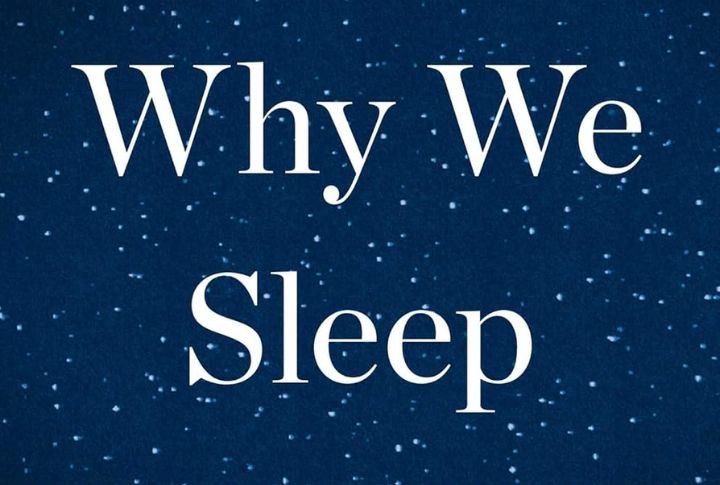
This book discusses how sleep enhances learning, creativity, and emotional stability. Neuroscientist Matthew Walker investigates the vital role sleep plays in our physical and mental well-being. Readers are shown how sleep deprivation contributes to numerous health issues, including memory loss, obesity, and weakened immunity.
The Shepherd’s Crown (2015)
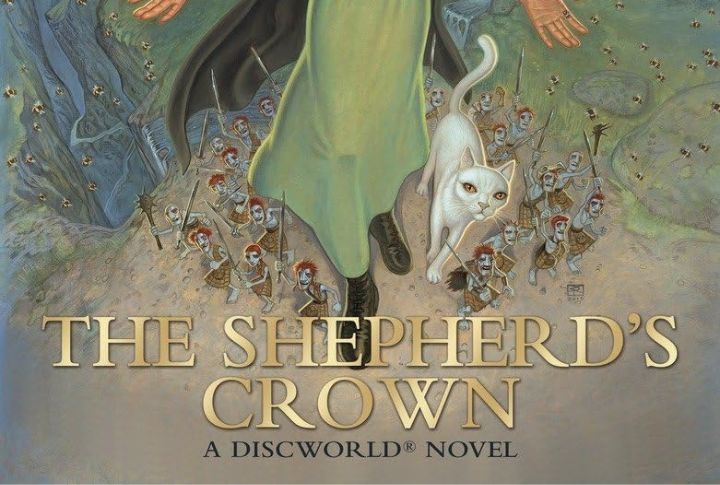
This is the final novel in Terry Pratchett’s “Discworld” series and a farewell to the author and his characters. The story follows Tiffany Aching, a young witch, as she steps into her responsibilities while facing new threats from the fairy realm. As the barrier between worlds weakens, Tiffany must rally allies to defend the human world.
Educated (2018)
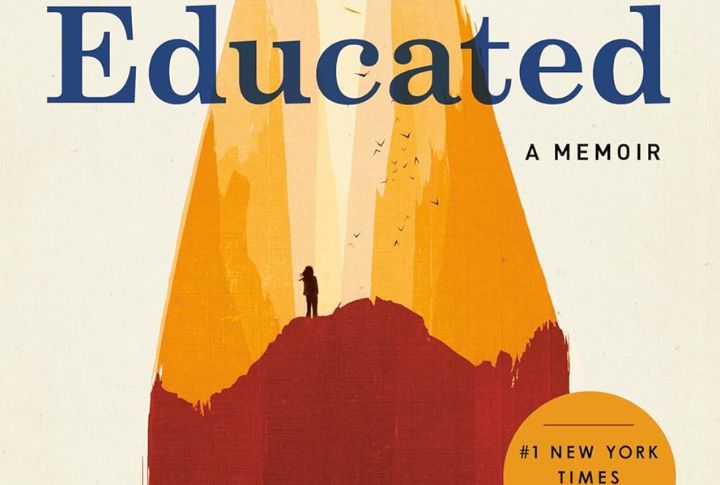
Tara Westover’s memoir recounts her upbringing in rural Idaho. Deprived of formal education, she self-educated and earned a PhD from the University of Cambridge. Her book explores themes of family loyalty, the quest for knowledge, and the struggle for self-invention. Westover reflects on the conflicts between her desire for education and her family’s distrust of institutional systems.
Atomic Habits: An Easy & Proven Way To Build Good Habits & Break Bad Ones (2018)
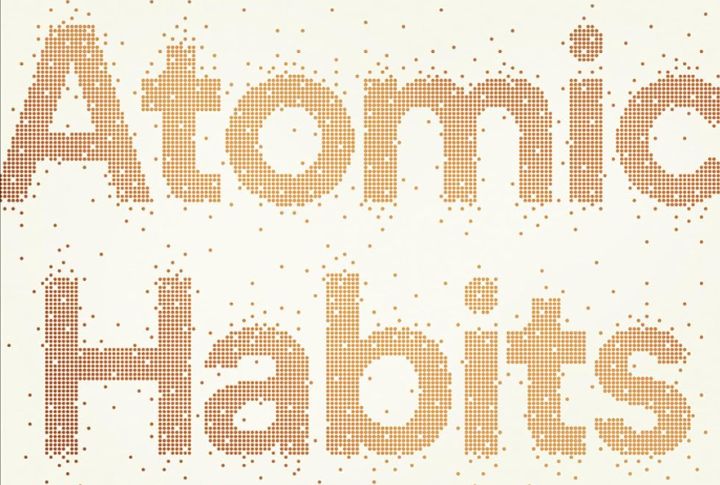
As one of the world’s leading voices on mattering habits, James Clear builds on behavioral science to offer practical strategies for forming good habits and eliminating bad ones. Emphasis is placed on small, incremental changes, which are compounded over time to create significant transformations.
The Overstory (2018)
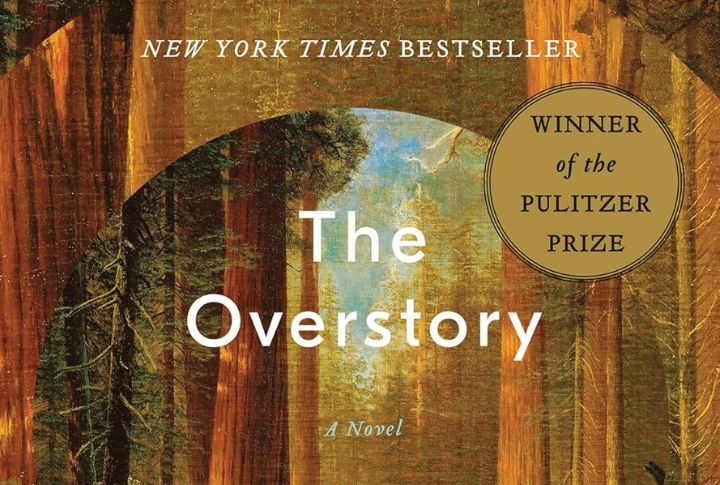
This Pulitzer Prize-winning novel is an ode to the intricate and vital role trees play in human existence. It follows nine characters whose lives become intertwined through their connections to forests. Through his book, Richard Powers pushes readers to reconsider their bond with the environment and the urgent need for conservation.
Circe (2018)
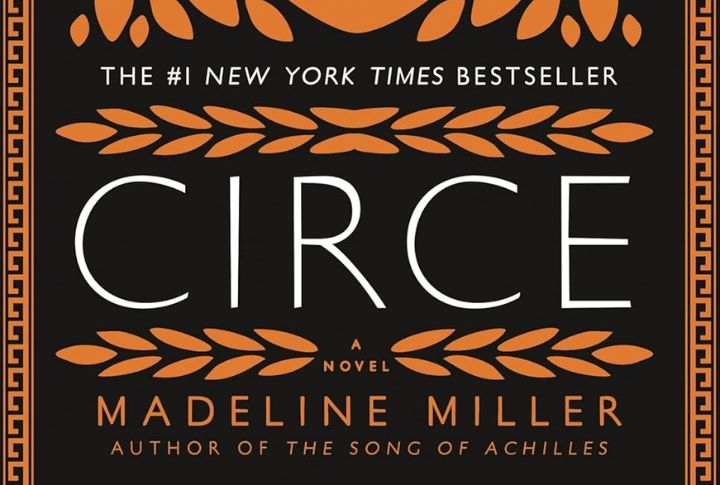
A stunning retelling of the Greek myth of Circe, this novel by Madeline Miller breathes new life into the infamous enchantress from The Odyssey. Told from Circe’s perspective, the book reimagines her journey from an outcast nymph to a powerful, self-reliant sorceress. Banished to a remote island by Zeus, she hones her craft, encounters legendary figures, and discovers her own strength.
The Note (2025)
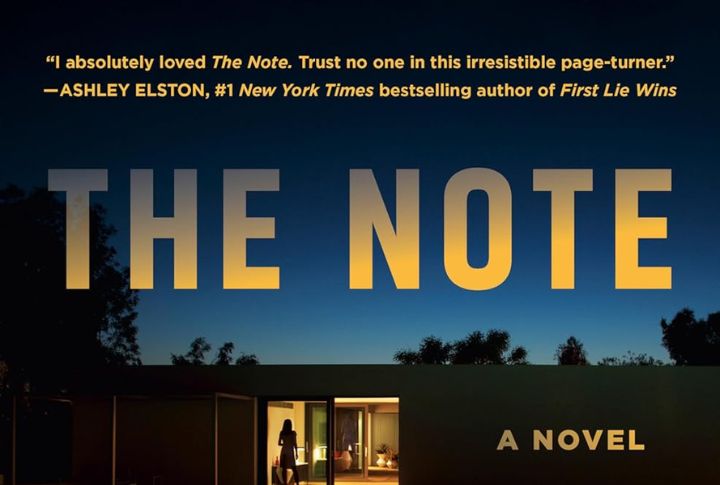
Written by Alafair Burke, “The Note” is a gripping psychological thriller that delves into the aftermath of a seemingly harmless prank gone wrong. It centers on three childhood friends who, as teenagers, play a practical joke that leads to unexpected and tragic consequences. Years later, a cryptic note resurfaces, unraveling secrets they thought were long buried.
How To Do Nothing: Resisting The Attention Economy (2019)
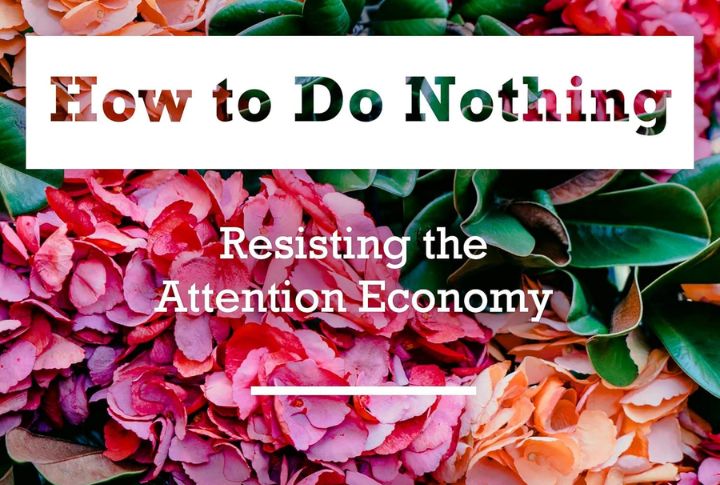
Our modern world is obsessed with productivity and the constant demands of digital technology. Author Jenny Odell argues that reclaiming attention and engaging with the natural world can be a form of resistance against capitalist pressures. The book blends philosophy, history, and personal anecdotes to discover ways to deeper fulfillment.
Between The World And Me (2015)
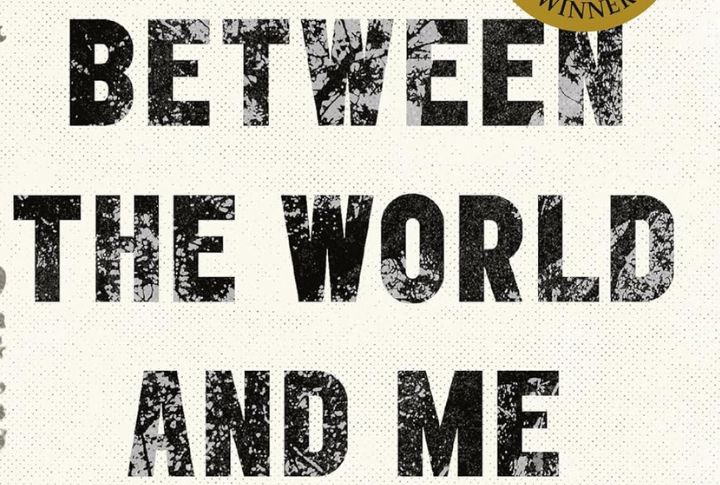
This book is a deeply personal and thought-provoking exploration of race in America. Drawing from his own experiences, the author examines the struggles Black Americans face, particularly about systemic racism. The book offers a raw and urgent perspective on what it means to live in a Black body in the United States.
The Body: A Guide For Occupants (2019)
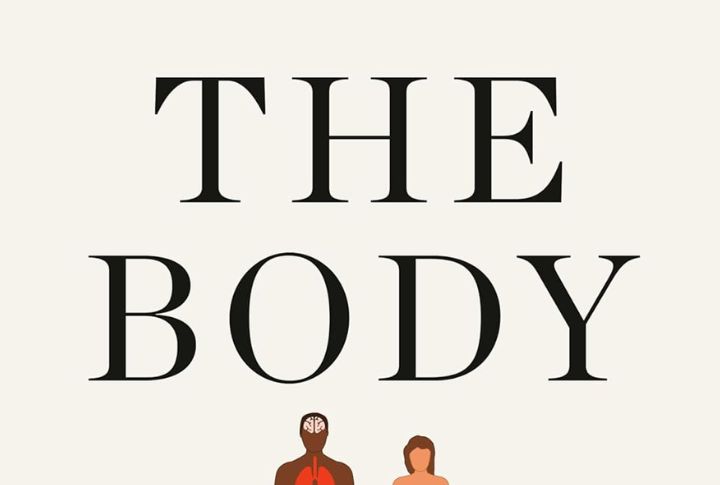
Using his signature wit and clarity, Bill Bryson takes readers on a fascinating tour of the human body. He explores how different organs work and the mysteries that still baffle scientists. This book is packed with surprising facts, from the incredible resilience of the human skin to the complexity of the brain.
Say Nothing: A True Story Of Murder And Memory In Northern Ireland (2019)
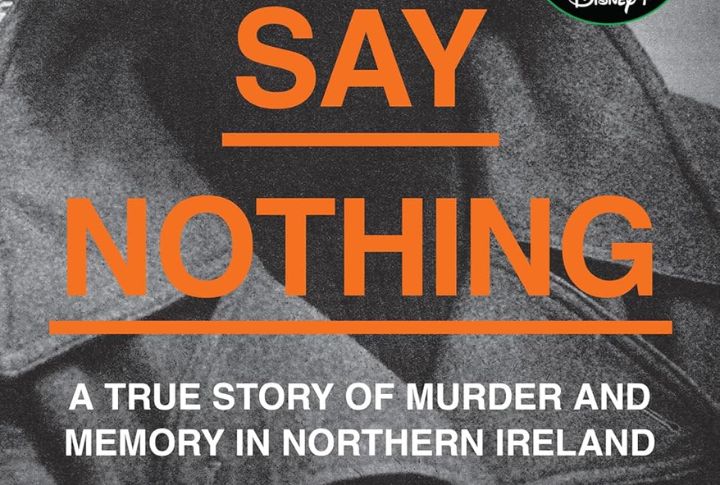
Patrick Radden Keefe’s gripping nonfiction book sheds light on the violent history of The Troubles in Northern Ireland. Keefe centers the narrative around the mysterious 1972 disappearance of Jean McConville, a mother of ten who was abducted and murdered by the IRA.
Underland: A Deep Time Journey (2019)
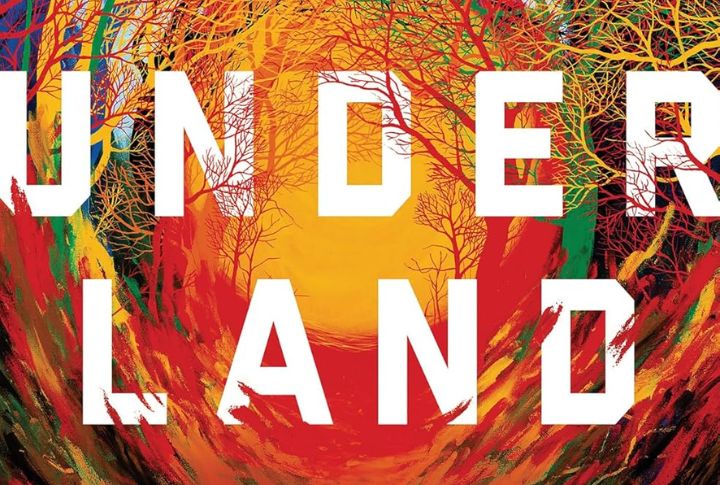
“Underland: A Deep Time Journey” is an adventure into the hidden worlds of ancient caves and nuclear storage sites. Blending history, science, mythology, and philosophy, Macfarlane investigates how subterranean spaces have shaped human history. He travels to remarkable locations, including the Paris catacombs, uncovering the secrets they hold.
The Ballad Of Songbirds And Snakes (2020)
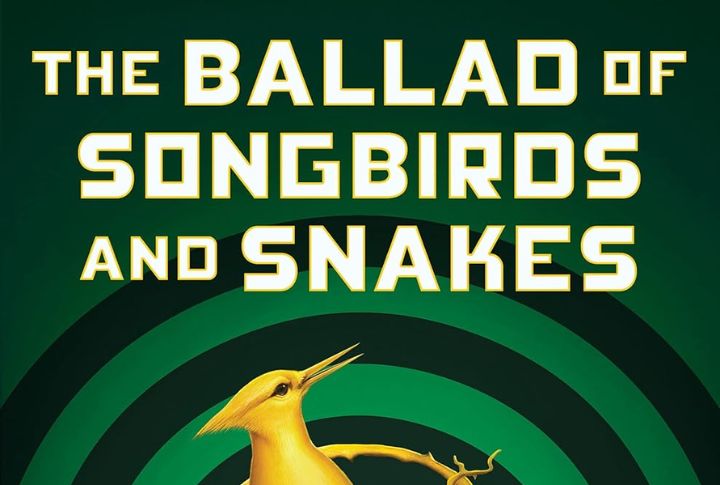
Suzanne Collins wrote this novel as a prequel to “The Hunger Games.” In it, she investigates the life of Coriolanus Snow long before he became the ruthless president of Panem. The plot centers on a young Snow as he mentors a tribute from District 12, Lucy Gray Baird, whose charisma and defiance captivate him.
The Night Watchman (2020)
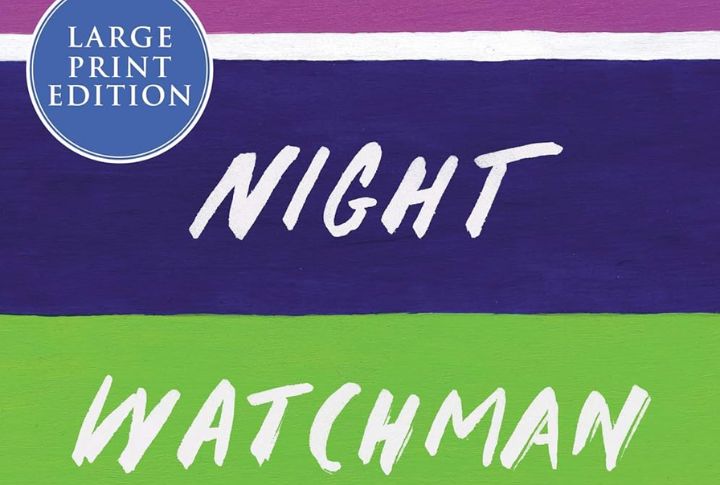
“The Night Watchman” is a compelling historical novel based on the true story of the author’s grandfather. Set in rural North Dakota, the book talks about Thomas Wazhashk as he resists a congressional bill threatening their land and identity. Alongside his story runs Patrice Paranteau, a determined young woman on a quest to find her missing sister.
The Midnight Library (2020)
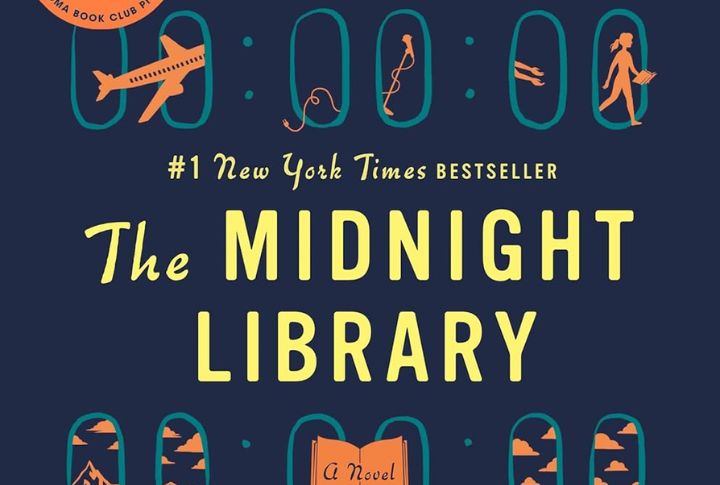
This thought-provoking novel by Matt Haig investigates the weight of our choices. The protagonist, Nora Seed, finds herself in the Midnight Library, a place where she can experience alternate versions of her life based on different decisions. Each book in the library represents a possible path she could have taken and the ensuing outcome.
Braiding Sweetgrass: Indigenous Wisdom, Scientific Knowledge, And The Teachings Of Plants (2013, Expanded Edition 2020)
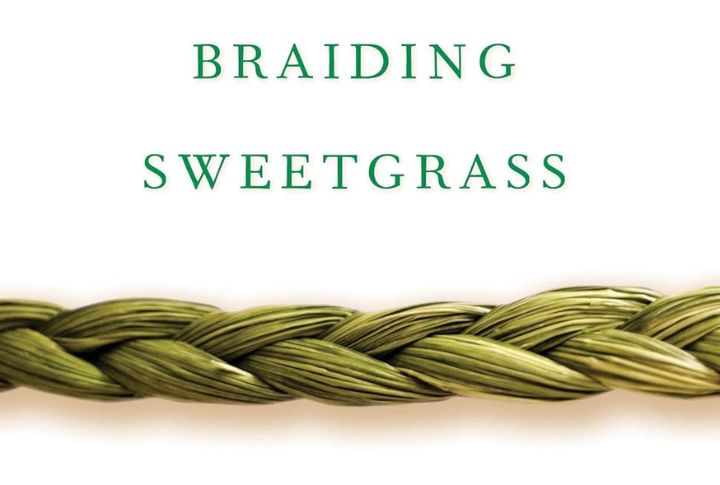
Robin Wall Kimmerer’s Braiding Sweetgrass, in its expanded edition released in 2020, reveals the intersection between Indigenous wisdom and scientific knowledge. Kimmerer, a botanist, highlights how Indigenous communities practice sustainable stewardship of the land, offering lessons that modern science is only beginning to understand.
Caste: The Origins Of Our Discontents (2020)
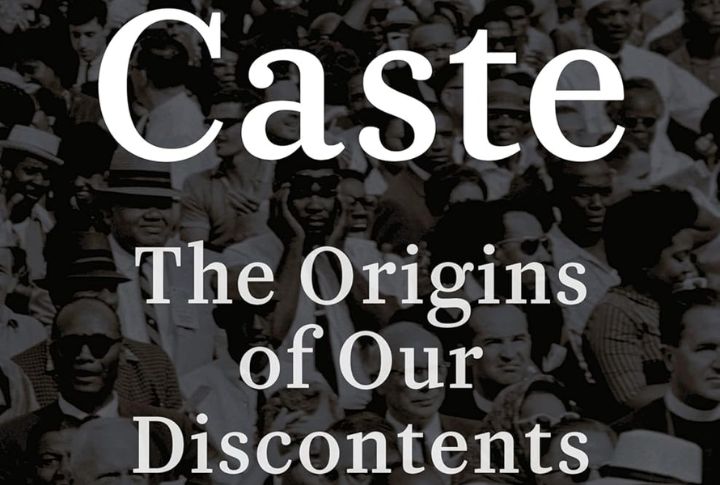
This book challenges readers to rethink racism as a structural issue rather than individual prejudice. It analyzes how deep-seated social divisions continue to shape American life. Author Isabel Wilkerson examines the unspoken caste system that has shaped American society, drawing comparisons to the social hierarchies of India and Nazi Germany.
Four Thousand Weeks: Time Management For Mortals (2021)
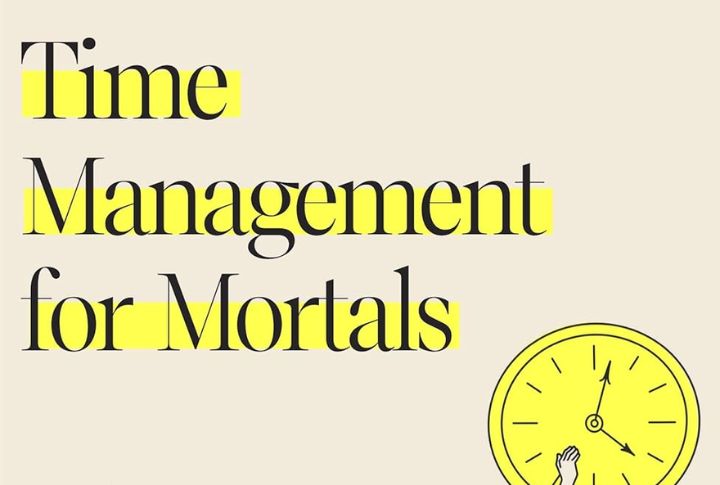
Oliver Burkeman, author of “Four Thousand Weeks,” challenges traditional notions of time management by confronting the reality of human finiteness. Since our average lifespan is about 4,000 weeks, he argues that pursuing hyper-efficiency is futile. Instead, he encourages readers to embrace their limitations and focus on what matters.
The Underground Railroad (2016)
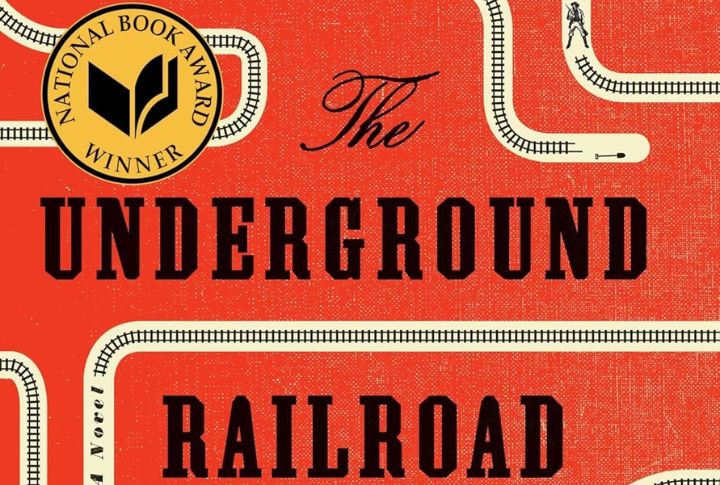
Colson Whitehead’s “The Underground Railroad” is a powerful reimagining of American slavery, blending historical fiction with elements of magical realism. The story centers on Cora, a young enslaved woman who flees a Georgia plantation and journeys through an underground train system. Each state she passes through presents a different, often dystopian, vision of racial oppression.
Klara And The Sun (2021)
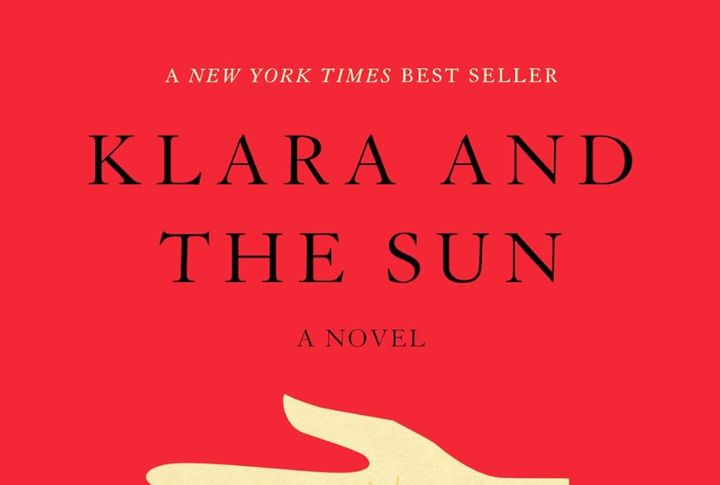
Nobel laureate Kazuo Ishiguro crafts a touching story about artificial intelligence and what it means to be human. Klara, an “Artificial Friend,” observes the world from a store window, waiting to be chosen by a child. When she is finally bought by Josie, a sickly young girl, Klara becomes deeply devoted to her well-being.
The Code Breaker: Jennifer Doudna, Gene Editing, And The Future Of The Human Race (2021)
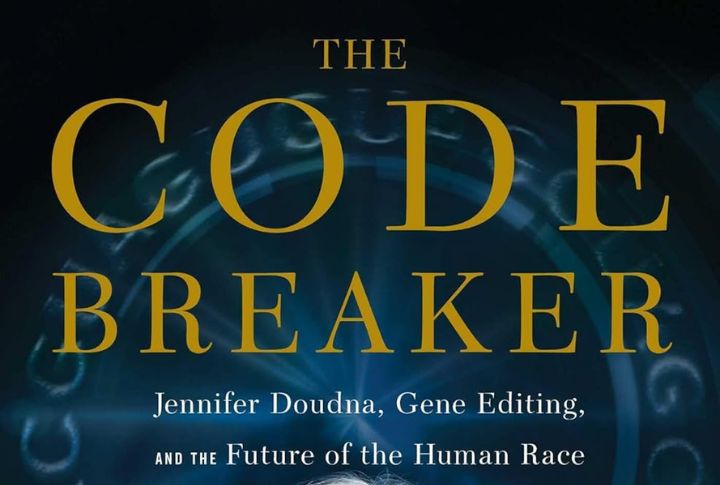
This is the biography of Jennifer Doudna, a pioneer of CRISPR gene-editing technology. It details her rise as a leading genetic researcher and the competition among CRISPR scientists. The author uncovers the ethical implications of gene editing, questioning its use for curing diseases or enhancing human traits.
There’s Always Room At The Table (2025)

“There’s Always Room at the Table” by Kaleb Wyse is a heartfelt cookbook celebrating the joy of gathering around food and creating meaningful connections. Drawing from his experiences as a fourth-generation Iowa farmer and content creator, Wyse blends traditional Midwestern hospitality with modern culinary inspiration.


